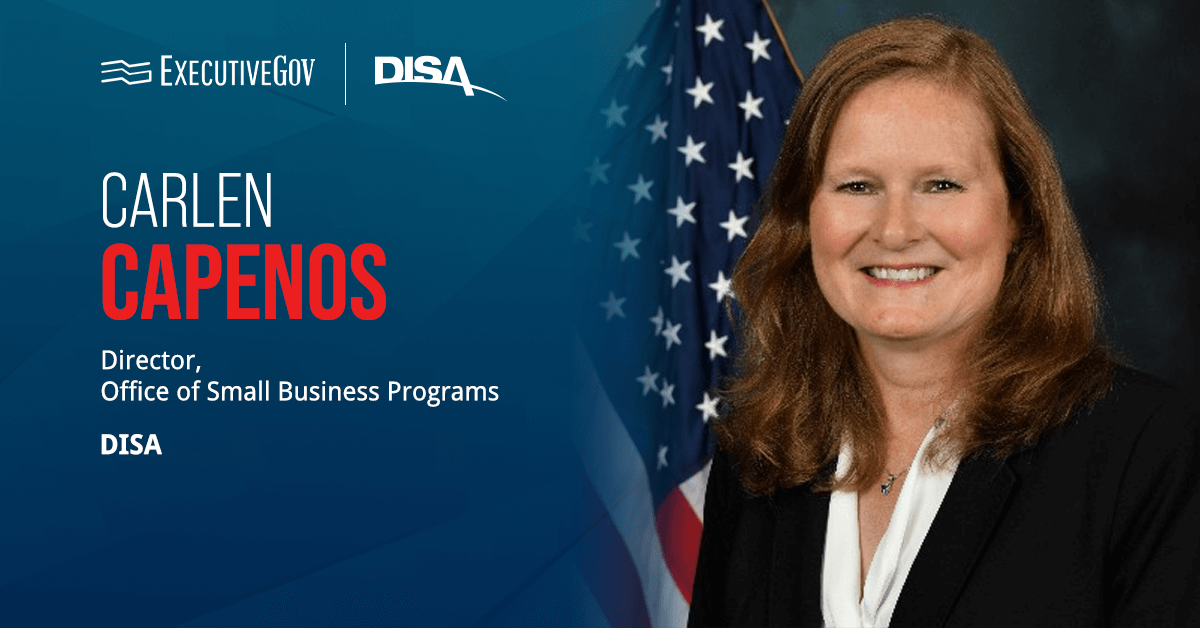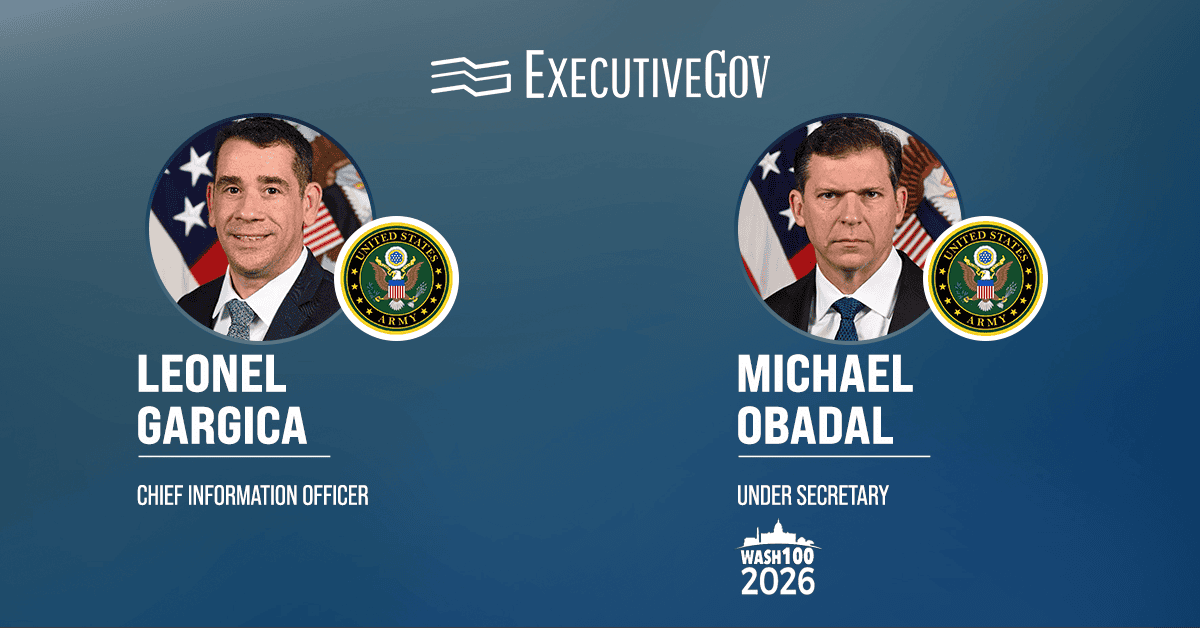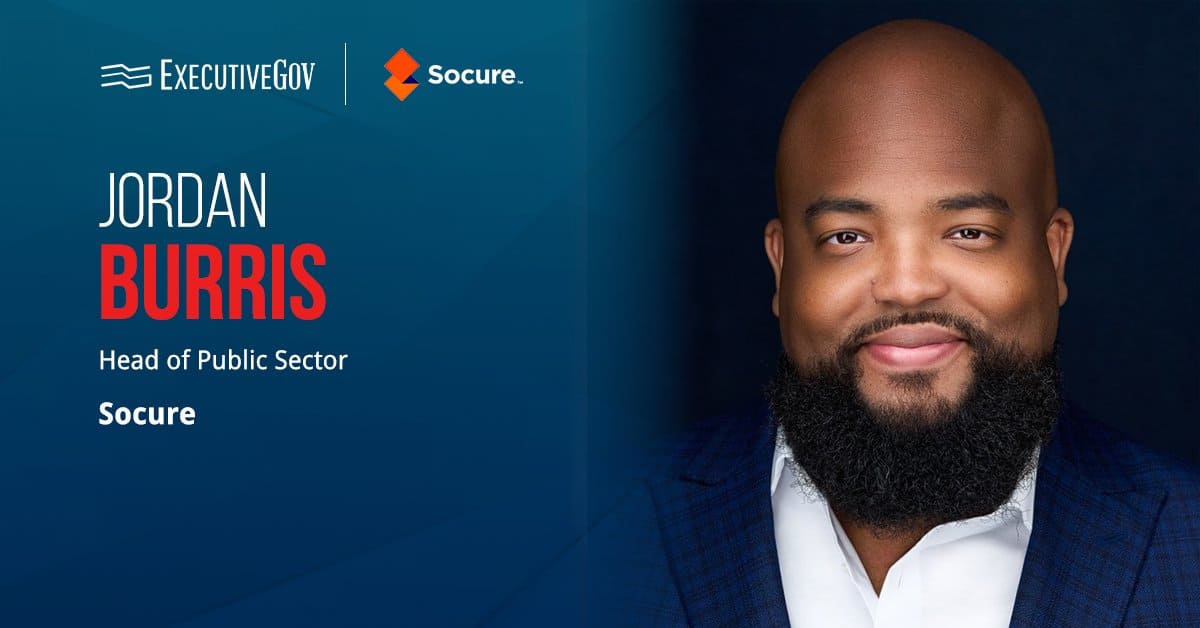An official from the Defense Information Systems Agency cautioned small businesses against pitching artificial intelligence-powered tools for programs that are not specifically asking for AI. Carlen Capenos, director of the agency’s Office of Small Business Programs, recently shared advice that could help firms enter the government contracting market.
Table of Contents
Focus on Emerging Technologies
While more and more organizations across industries are adopting AI, it might not always be the technology that a particular agency or project requires. Capenos told small businesses not to pitch trendy technology, whether AI or quantum computing, unless a customer asks for it.
She instead directed aspiring government contractors to focus efforts on the agency’s watch list for emerging technologies, which identifies specific capabilities DISA plans to invest in. Its watchlist for fiscal 2025, for instance, includes 6G, quantum-resistant cryptography, and AI for cybersecurity and big data analytics.
Start With Subcontracting
Capenos also touched on the requirement for companies to obtain a security clearance to do business with DISA. She acknowledged that it is a common obstacle for small businesses that want to enter the GovCon market.
The defense official urged small businesses to become subcontractors to prime contractors that can sponsor their clearance. She said the prime contractor does not have to be a large company, either; many small businesses have found themselves working with other small businesses on a project.
Steve Wallace, who currently serves as chief technology officer at DISA, provided similar advice to small businesses during the AFCEA Small Business Workshop held in August. According to Wallace, the agency previously selected GovCon newcomers based on their prior experience with prime contractors.
Learn From Loss
Finally, Capenos told small businesses to learn from best value tradeoff contracts instead of just offering the lowest price acceptable.
“You might win, hopefully, you do,” she commented. “But if you don’t win, you’re going to find out what the winning price was. You’re going to find out what your ratings were, what your strengths and weaknesses were, and you’re also going to find out what the ratings were of the vendor who won.”





